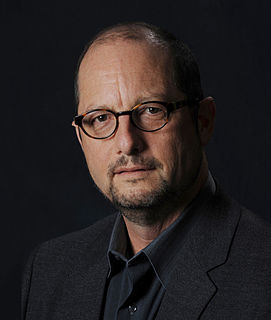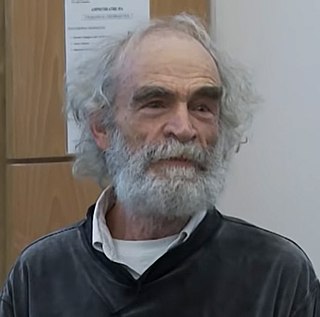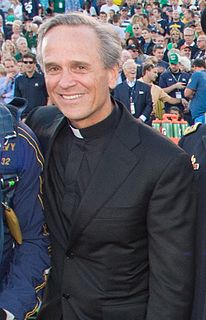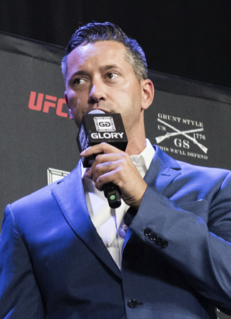A Quote by Prince Charles
We would never comment on private correspondence.
Quote Topics
Related Quotes
if I believed that the choice lay between a sacrifice of the completest order of biography and that of the inviolability of private epistolary correspondence, I could not hesitate for a moment. I would keep the old and precious privacy,-the inestimable right of every one who has a friend and can write to him, - I would keep our written confidence from being made biographical material, as anxiously as I would keep our spoken conversation from being noted down for the good of society.
I would never take a case that had to do with abusing children. They're the true innocents. All of the rest of us, we have smears and stains, but they're helpless. I couldn't add my talent, which is prodigious, to a defense of someone even accused of hurting a child. I would never defend a cop - though I did on a few private cases, when cops were acting not as cops but as private citizens. Other than that, I represented everybody who came by.
I can tell you that standard D.O.J. protocol is that you let official acts speak for themselves. You don't go and spin your action. For example, when I ran the Solicitor General's office, there would be all sorts of times when the litigants would make something up, and we would just never comment to the press. It is not what we do.






































